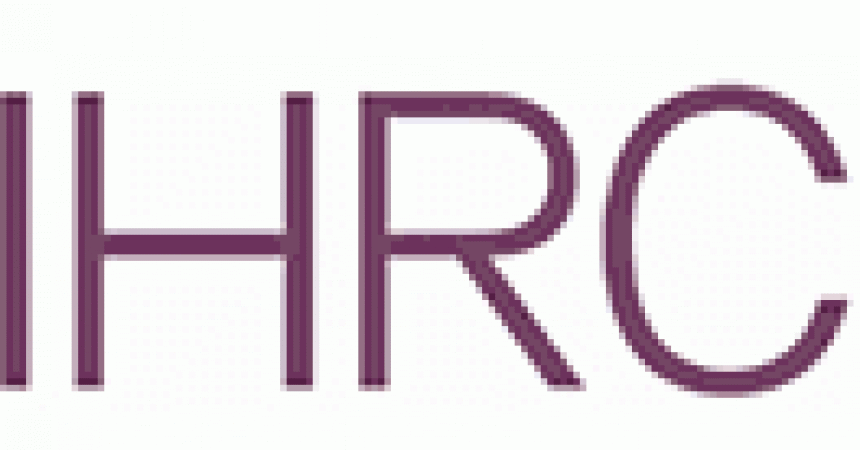
IHRC Discussion Paper Part 4 – Complaints Mechanisms
This is an extract from a discussion paper written by the Irish Human Rights Commission about religious education and human rights. Atheist Ireland is preparing a response to this discussion paper, and we welcome your feedback on it.
Complaints Mechanisms
19. Under section 14 of the Education Act 1998 the Board of Management of a school is charged with the management of the school. It is also the body which primarily deals with complaints concerning schools, which under existing complaints mechanisms, relate primarily to complaints against teachers rather than the wider issues canvassed in this paper.
20. In Guidance issued on its website, the Department states that: “Under the 1998 Education Act, the Minister for Education and Skills provides funding and policy direction for schools. Neither the Minister nor the Department have legal powers to either:
- instruct schools to follow a particular course of direction with regards to individuals complaint cases, or
- to investigate individual complaints
While the Department does not pass judgment on individual complaints it can clarify for parents and pupils how their grievances and complaints against schools can be progressed. If you require any further clarification please contact Parents’ and Learners’ Section, Schools’ Division, Department of Education and Skills…”.
21. Under this Guidance document, a complaint can only be made against a teacher or other staff member of the child’s school. The document states:
“The guidance provided on this page does not apply to complaints in relation to actions or decisions by schools on allegations of child protection, suspensions, permanent exclusions, refusals to enrol and those decisions which may discriminate against a child. Guidance to parents on these issues is set out overleaf.”
22. In relation to these matters, the Guidance document states that child protection issues should be referred to the Health Service Executive and/ or Gardaí; that complaints concerning a Board of Management’s decision to suspend, permanently exclude or refuse to enrol a child should be made to the Department under Section 29 of the Education Act 1998, while discrimination complaints should be made to the Equality Tribunal. It will be noted that issues concerning religious instruction in schools are not dealt with in the foregoing except in relation to complaints against teachers or other staff members, or except in so far as they may come within the terms of the Equal Status Acts 2000-2008.
23. In terms of complaints brought by parents against teachers, the Guidance document appends two documents: the first is a procedure agreed between the Irish National Teachers’ Organisation and the Catholic Primary School Managers’ Association in 1993 and the second is a procedure (Code of Practice) agreed between the Association of Community and Comprehensive Schools and the Association of Secondary Teachers Ireland and the Teachers’ Union of Ireland.
24. Complaints relating to schools are thus primarily determined at school level, with teachers unions and some school management bodies agreeing to certain procedures which should apply when investigating and resolving complaints at a local level, with the Department only providing clarification through its Parents’ and Learners’ Section, Schools’ Division, rather than taking any direct role in the resolution of such disputes.
25. In terms of general applicability, however, it will be observed that these complaints procedures do not cover all primary or post-primary schools in the State. The situation pertaining in other schools not covered by these agreements is thus unclear.
26. The Guidance document also states that:
“the Office of the Ombudsman for Children may independently investigate complaints about schools recognised with the Department of Education and Skills, provided the parent has firstly and fully followed the school’s complaints procedures. The key criterion for any intervention by the Ombudsman for Children is that a child has, or may have been negatively affected by the action of a school.” (emphasis retained)
27. This would refer to the situation where a person who has made the complaint remains unhappy with the decision of the Board of Management and wishes to complain of mal-administration to the Ombudsman for Children, an independent statutory body established under the Ombudsman for Children Act 2002 charged with promoting the rights of children and young people.






0 Comments
No comments!
There are no comments yet, but you can be first to comment this article.